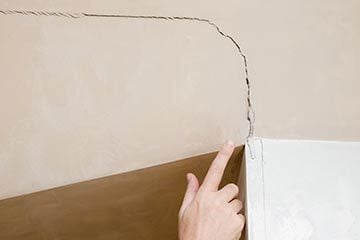"Buildings insurance isn’t a legal requirement, however if you’re buying a house, some mortgage lenders could make insurance a condition of the mortgage. This is because they want to protect the asset they’re lending against.
According to a report from the Association of British Insurers (ABI), claims for homes damaged by heavy rain and storms hit £136 million in the third quarter of 2024. So, while it’s not mandatory to have buildings insurance, it could be a good idea to have it in place should the unfortunate happen.”



















